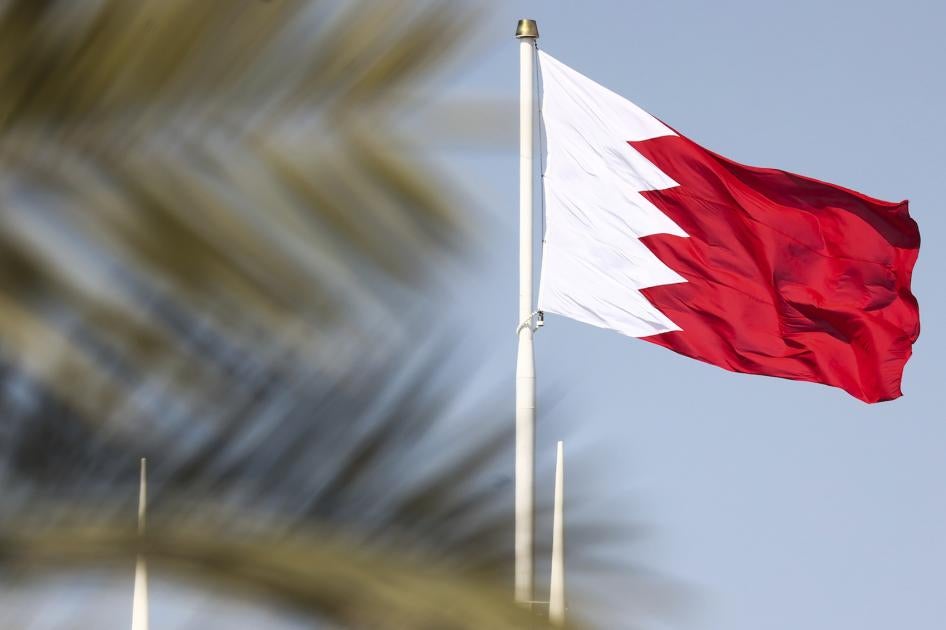Last week, Jalal al-Qassab, 60, and Redha Rajab, 67, filed their third and final appeals against convictions for “mocking” Islamic beliefs. In March they were sentenced to a year in prison and a fine.
Both men are members of Al Tajdeed, a Bahraini cultural and social association registered in the country since 2002. The organization characterizes its mandate as promoting open discussion about religion and Islamic jurisprudence. Former members and others have told HRW that the group has abusive practices.
In February, the Public Prosecution, citing complaints from the Interior Ministry’s Cybercrimes Directorate and the Ministry of Social Development, filed criminal charges against Al Tajdeed members, alleging that YouTube commentaries by al-Qassab on various Quran verses contradicted “authoritative rulings on the power of Allah” and “insulted a symbol and revered figure in a specific religious community.”
In May, the High Criminal Appeals Court upheld the lower court’s verdict against al-Qassab and Rajab. “We stand here to defend the words of God,” Zahra Murad, deputy head of Cybercrimes prosecution, reportedly told the appeals court. After the decision, authorities immediately transferred the men to Jau Prison to begin their sentences.
The two men were convicted of violating article 309 of Bahrain’s penal code, which punishes “any person who by any method of expression offends one of the recognized religious sects or ridicules their rituals,” and article 310, which outlaws “public insult” of a religious figure or symbol and “ridicule” of a sect’s teachings.
The court’s actions, as well as the Bahraini penal code, contravene international human rights law, which protects the right to freedom of belief and expression. Articles 18 and 19 of the International Covenant on Civil and Political Rights (ICCPR) guarantee the right to freedom of belief and freedom of expression, respectively. Bahrain ratified the ICCPR in 2006.
While article 22 of Bahrain’s constitution states that “freedom of conscience is absolute,” article 23 of the constitution qualifies the right to freedom of opinion and expression “provided they do not infringe the fundamentals of Islamic doctrine, prejudice national unity, or cause division or sectarianism.”
Bahrain should uphold its international treaty obligations by ending its persecution of individuals who wish to exercise their right to freedom of religion and expression. It should quash this and other expression-based convictions, and revise its penal code articles that are in clear violations of the ICCPR.









